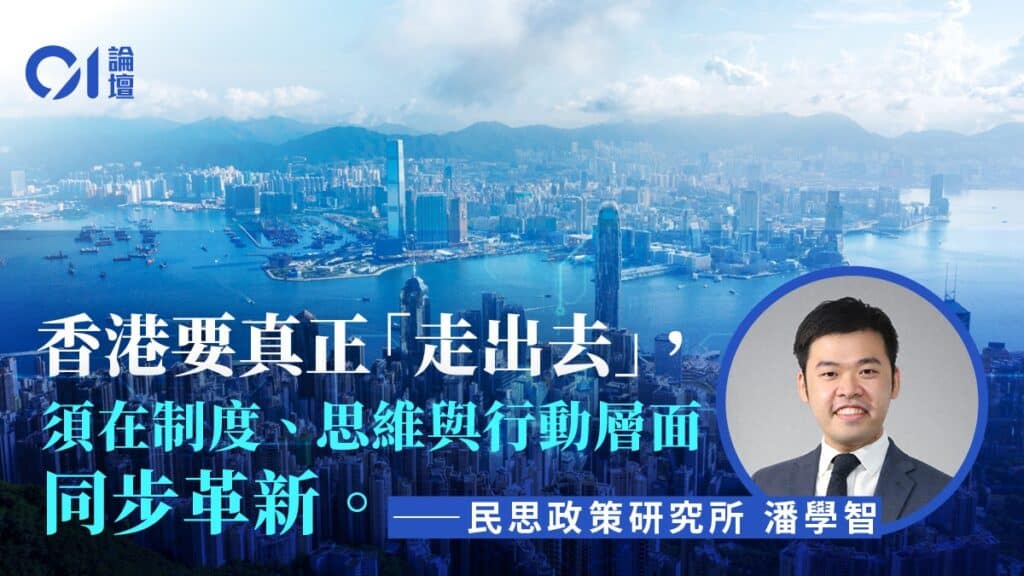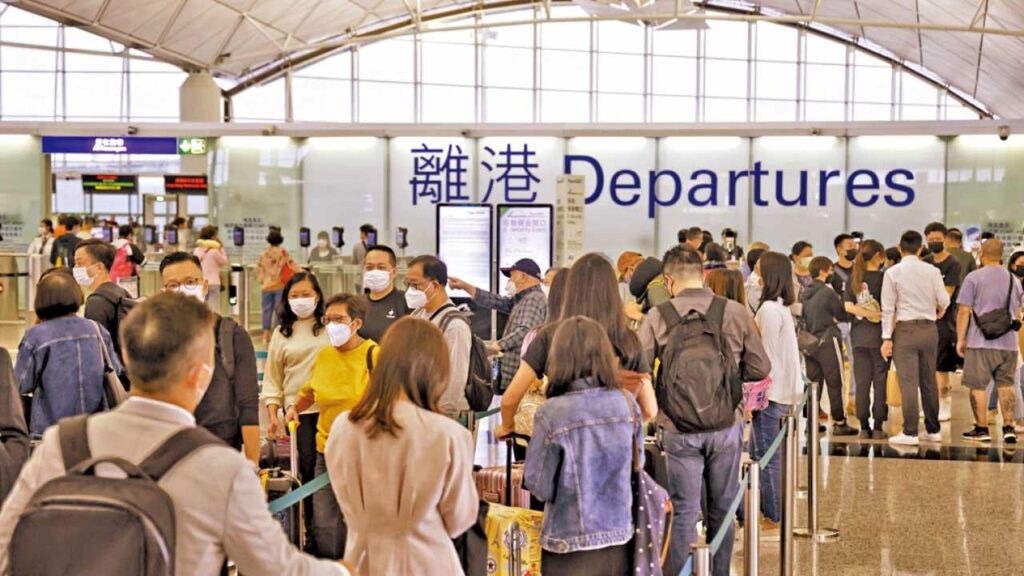"Hong Kong is finished" is full of lies, and the statement that it has lost its status as an international financial center is truly alarmist. Wang Linggui, deputy director of the Hong Kong and Macao Affairs Office of the State Council, sternly retorted, pointing out that Hong Kong’s prosperous economy is supported by the central government’s active policies and cannot become a relic. The volatile world situation creates ups and downs in the economic cycle. To simply judge Hong Kong’s status based on this would undoubtedly be to miss the forest for the trees and ignore the soft power of Hong Kong, which has long been ranked among the top international financial centers.
Green transformation of settlement hub
As geopolitics become increasingly complex, emerging markets are more willing to adopt a diversified currency portfolio to spread risks. In the macro strategy of steadily and steadily promoting the internationalization of the RMB, Hong Kong has become an integral part of the country's financial infrastructure by virtue of its role as a payment and settlement hub in the region. At the end of last year, Standard Chartered Bank became a direct participant in the China RMB Cross-border Payment System (CIPS), following Bank of China Hong Kong and ICBC (Asia). It was the first foreign bank to provide cross-border business from abroad, strengthening the close interconnection of the international network. However, the supervision of the offshore market is much more difficult than that of the onshore market. Therefore, CIPS provides transaction channels other than SWIFT, allowing the country to grasp market dynamics in real time, providing sufficient basis for monetary policy regulation, and preventing and defusing financial risks.
As the world moves toward low-carbon development, sustainable business is a new trend in financial development. Local governments in the Mainland have developed their own green classification framework to help financial institutions define which economic activities are sustainable, but it has not yet become popular among international issuers. Although Hong Kong started late, it will follow internationally accepted standards to formulate relevant frameworks and catch up with the general trend from a high starting point to make up for domestic shortcomings. There is no international consensus on some classifications, and it is more necessary for Hong Kong directors to connect domestic and international markets, refer to best practices from various places, and at the same time meet the requirements of local, mainland and foreign investors to build mutually recognized green projects. Taking advantage of the opportunity provided by the country's promotion of global green transformation, Hong Kong is uniquely positioned to participate in the formulation of rules and maintain its leadership in global finance.
National interests in the international arena
The IMF and the World Bank have set up offices in Hong Kong. Representatives from Hong Kong also hold important positions in many international institutions, and have a decisive say and decision-making power in global industries. Before his retirement, former HKMA chief Norman Chan was chairman of the International Financial Stability Board's Standing Committee on Regulatory Cooperation, pushing central banks around the world to safeguard financial systems. Zhang Yunzheng, Chief Executive Officer of the China Insurance Regulatory Commission, is chairman of the Audit and Risk Committee of the International Association of Insurance Regulators and advocates globally consistent insurance regulatory standards. The latest news is that the Chief Executive Officer of the China Securities Regulatory Commission, Liang Fengyi, has been appointed by the International Organization of Securities Commissions as the Chairman of the Asia-Pacific Regional Committee to lead the securities industry in formulating unified standards.
Hong Kong's status as an international financial center is in line with the country's development interests, so the central government's support is not only to consolidate Hong Kong's advantages, but also an unshakable national policy. As Zheng Yanxiong, director of the Liaison Office of the Central People's Government, emphasized, Hong Kong is a "super cornucopia" that gathers international financial capital, a "super contact" that connects with international financial rules, and a "super support point" that manages external financial relations. Hong Kong's financial industry has a deep foundation and has never stopped developing. It cannot be overthrown by a temporary macroeconomic downturn. As long as financial soft power is fully utilized, "one country, two systems" will still give Hong Kong enough room to shine on the international stage.
Source:https://www.thinkhk.com/article/2024-05/02/61838.html



